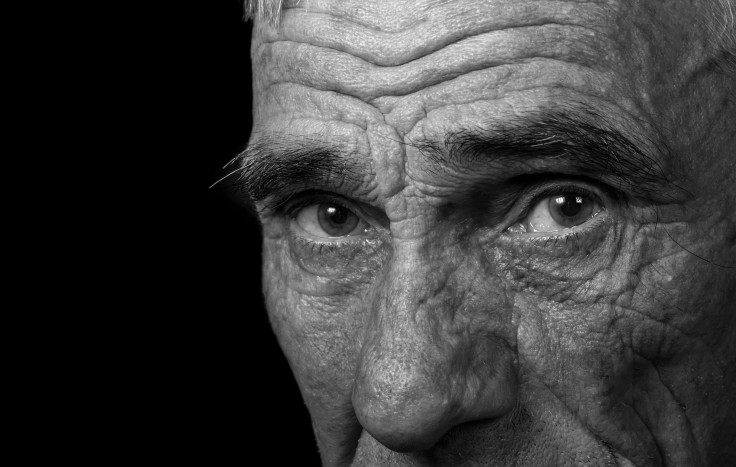Men Get Happier In Life Until Late 60s, When Negative Perceptions Grow Stronger

A new study finds that most men remain consistently happy — or unhappy — throughout their lives with some changes in perception occurring by one’s mid- to late-60s.
Investigators at Boston University and Oregon State University sought to learn more about how emotions change in men as they grow older, studying more than 1,300 men ages 53-85. Carolyn Aldwin, a gerontology professor at Oregon State, says 80 percent of the men reported consistent emotional states throughout life but acknowledged a lowered resilience in response to life’s new problems, including cognitive and physical decline, as well as the loss of spouses and friends.
"In general, life gets better as you age in the sense that older adults on average have fewer hassles — and respond to them better — than younger adults," Aldwin said in a statement. "And they also experienced more uplifts — at least, until their mid-70s."
Yet, the relatively carefree ride lasts only so long, as new “hassles” appear in this next phase of life as men experience cognitive and physical decline, losing spouses and friends too. "[O]nce you turn 70, how you react to these hassles changes and may be dependent on your resources or your situation in life," Aldwin said.
Using data from the Department of Veterans Affairs, the investigators sought to test three contradictory psychological models of aging, including the “hedonic treadmill,” whose premise holds we are all consistently happy or unhappy throughout life, with some volatility from time to time. Other theories hold that emotional health improves steadily throughout life, or plummets drastically by age 80, when all is bleak.
Interestingly, Aldwin and her colleagues found a bit of truth in both ideas — consistent emotional states versus aging-related declines. Men aging from middle-age to old age generally remained consistent in reporting emotionally positive “uplifts,” but turned much darker when thinking of the negatives, or “hassles.”
Still, Aldwin acknowledged a great deal of variance among men in not only the intensity of their experience but the perception with which they viewed life’s challenges. "What we found was that among 80 percent of the men in the study, the hassles they encounter from their early 50s on tended to decline until they reached about 65 to 70 years of age, and then they rose," Aldwin said. "Conversely, about 20 percent of the men perceived experiencing more uplifting events until they turned 65 to 70, and they begin to decline."
Naturally, emotional resilience varies greatly from man to man, with some perception depending upon the individual. "Some older people continue to find sources of happiness late in life despite dealing with family losses, declining health, or a lack of resources," Aldwin said. "You may lose a parent, but gain a grandchild. The kids may leave the house, but you bask in their accomplishments as adults. You find value in gardening, volunteering, caregiving, or civic involvement."
The investigators say better predictive abilities may lead to improved psychological interventions for men, guaranteeing at least the pursuit of happiness.
Source: Aldwin, Carolyn. Aging Men: More Uplifts, Fewer Hassles Until The Age Of 65-70. Psychology and Aging. 2014.



























